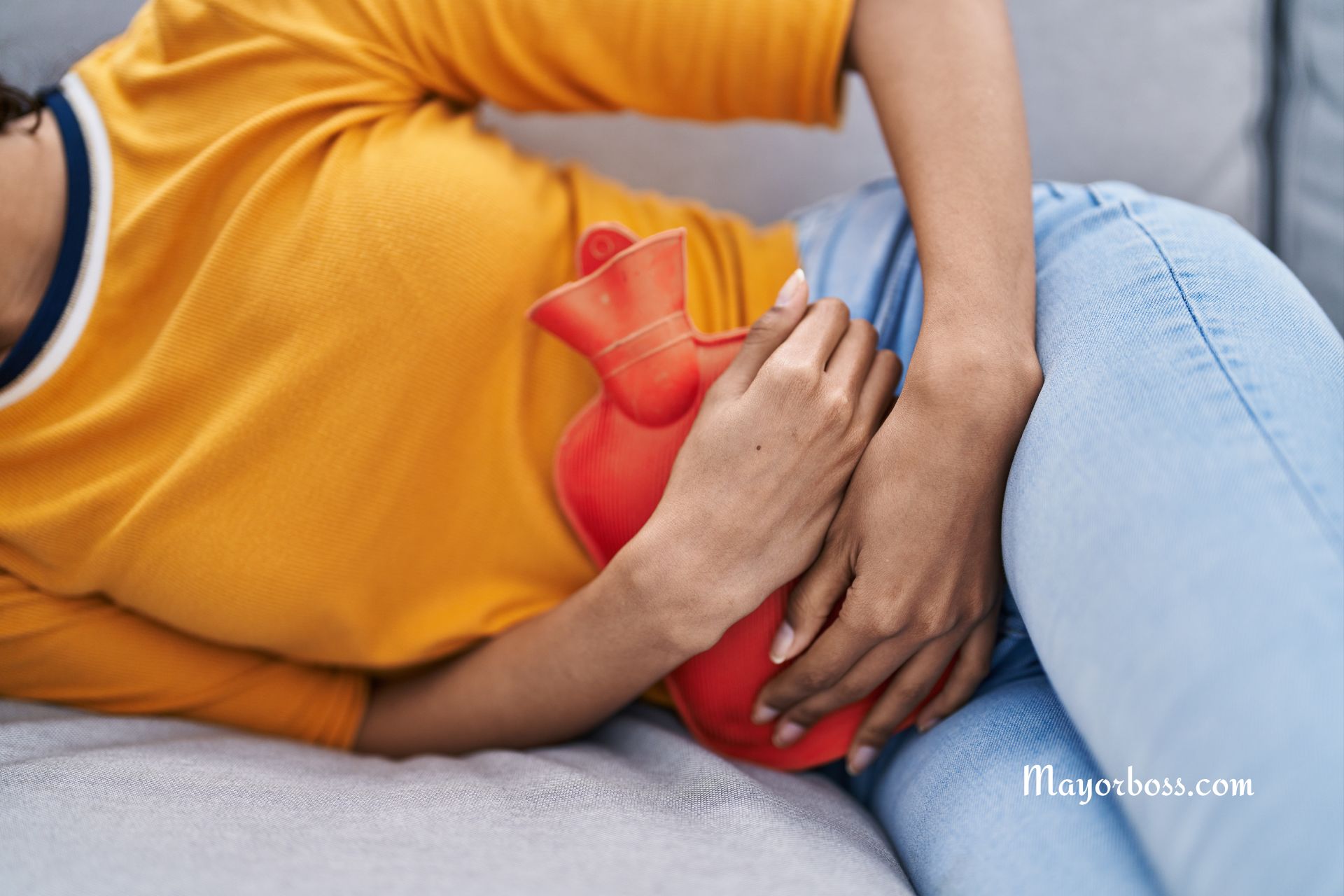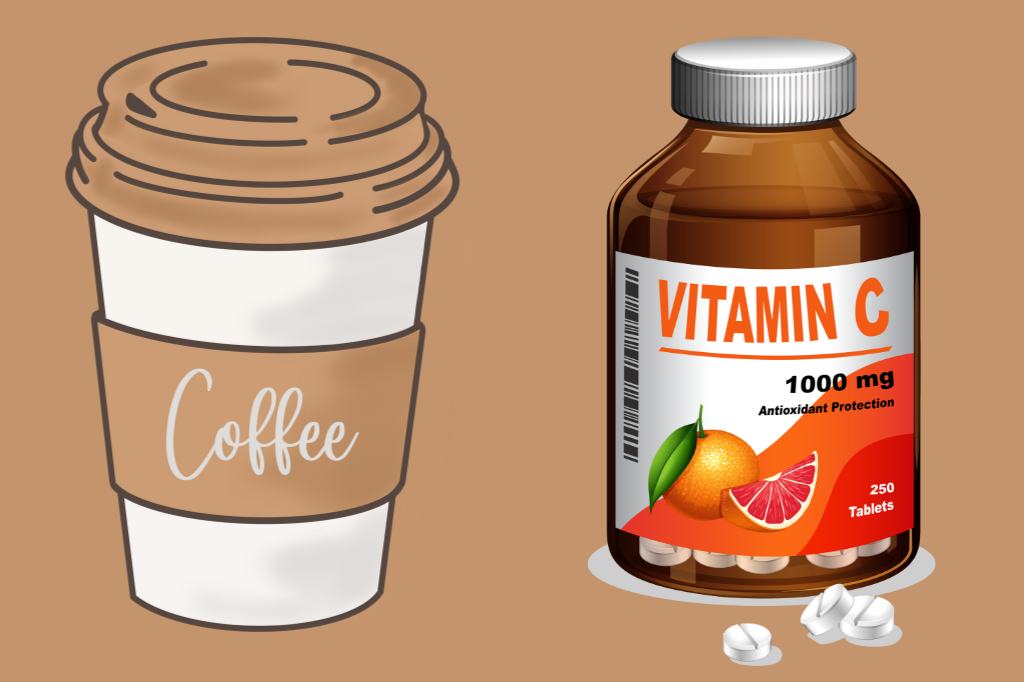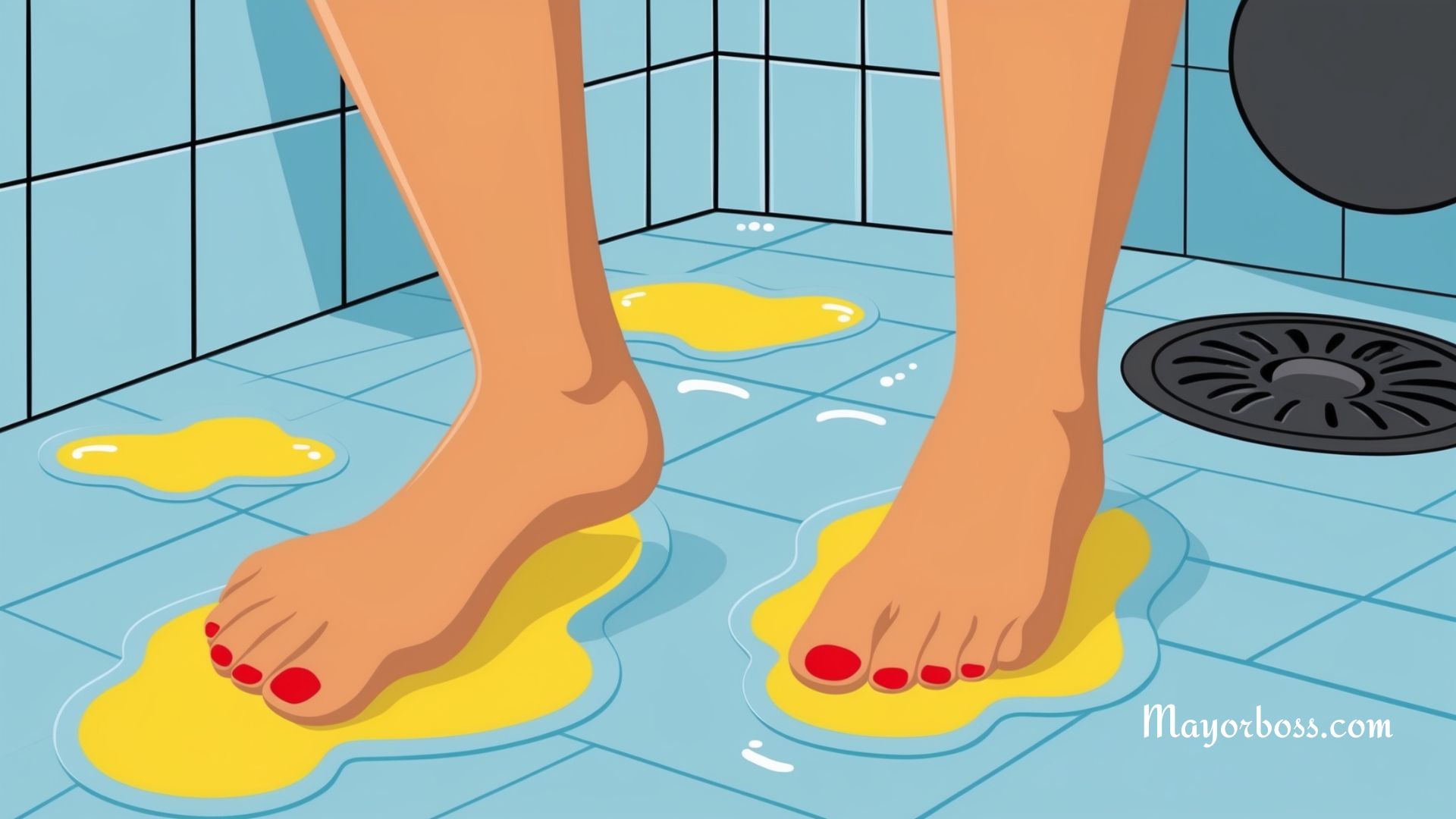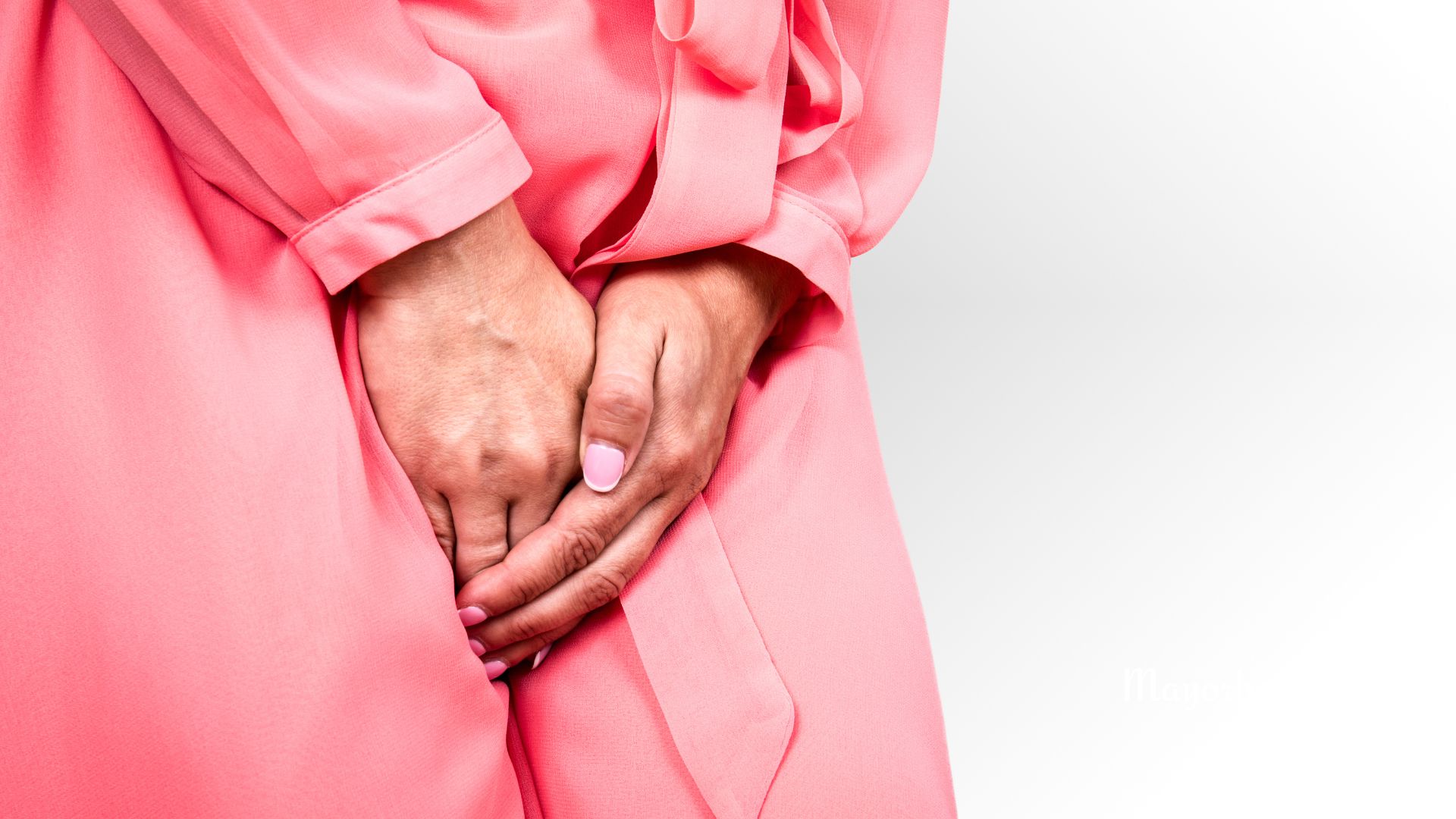How Does Iron Deficiency Affect You? Look for Headaches, Feeling Tired, Shortness of Breath, and Hair Loss
Iron deficiency is more common than you might think, and it often goes unnoticed. This condition happens when your body doesn’t have enough iron to make hemoglobin. Hemoglobin is a part of your red blood cells that carries oxygen. Without enough of it, your organs and tissues don’t get the oxygen they need, and that’s when you start noticing symptoms. Here are some ways iron deficiency affects your body.

You Might Feel Tired All the Time and Really Weak
One of the most common signs of iron deficiency is feeling very tired. As already said, iron helps your body make hemoglobin, which carries oxygen to all your cells. When you don’t have enough iron, your muscles and tissues don’t get enough oxygen, making you feel weak and tired.
This isn’t just normal tiredness that goes away after sleeping well—this kind of tiredness stays with you and makes even simple activities hard. If you feel tired all the time, even after resting, it could mean you have low iron levels.
Constant Headaches
Headaches can also be a sign of iron deficiency. Your brain needs oxygen to work properly, and if your iron levels are low, your brain might not get enough oxygen-rich blood. This can cause you to get headaches often and sometimes even migraines.
These headaches often come with dizziness or trouble thinking clearly. If you notice these symptoms happening more often, it’s a good idea to visit your doctor for a checkup.
Shortness of Breath
If you find yourself out of breath easily while just walking, climbing stairs, or doing simple activities, it could be a sign of iron deficiency. Since iron helps carry oxygen to your muscles, not having enough means your body has to work harder to get the oxygen it needs.
This means even easy activities like walking a short distance or lifting light objects can leave you struggling to catch your breath. It might be worrying, but it’s your body’s way of telling you something is wrong.
Low Iron Levels
Another sign of iron deficiency is hair loss, which many people don’t realize. Iron is very important for healthy hair because it helps give your hair follicles the oxygen they need to grow. Without enough iron, your hair follicles can’t get enough oxygen, which leads to more hair falling out and thinning.
If you’re seeing more hair on your brush or noticing more falling out than usual, it could be because of low iron. While hair loss can happen for lots of reasons, low iron is one of the most common causes related to nutrition.
Pale Skin and Brittle Nails
Iron deficiency can also change how you look. One obvious sign is pale skin. Your skin might get paler than normal because of the lack of hemoglobin, and you may notice this on your face, gums, or the inside of your lower eyelids.
Your nails might also change. They can become brittle, meaning they break easily or even form a spoon-like shape. If your nails seem weaker or look different, it could be because you don’t have enough iron.
Restless Leg Syndrome Can Be Related to Low Iron
Restless Leg Syndrome (RLS) is a condition where you feel like you have to move your legs, often with an uncomfortable feeling. Research shows that iron deficiency can be linked to RLS because iron helps produce dopamine, a chemical that helps control movement.
People with iron deficiency often have RLS symptoms at night, making it hard to sleep well. If you have an urge to move your legs a lot, especially at night, it’s worth talking to your doctor about your iron levels.
You Might Get Sick More Often If You’re Low on Iron
Iron is really important for a healthy immune system. When you don’t have enough iron, your body can’t fight off infections as well. You might notice that you get sick more often or that it takes longer to get better.
Low iron levels make it harder for your body to make white blood cells, which fight off bacteria and viruses. If you feel like you’re always catching colds or the flu, your iron levels might be the reason.
How Can You Increase Your Iron Levels?
If you think you might have low iron, the first step is to see your doctor. They can do a blood test to check your iron levels. Depending on the results, your doctor may suggest changing your diet or taking iron supplements.
Eat Foods Rich in Iron to Help Boost Your Levels
One of the easiest ways to increase your iron is by eating iron-rich foods. Here are some good options:
- Red Meat: Beef, lamb, and other red meats are some of the best sources of iron.
- Poultry and Fish: Chicken, turkey, and fish also have good amounts of iron.
- Leafy Green Vegetables: Spinach, kale, and other dark green veggies are great sources of iron from plants.
- Legumes: Beans, lentils, and chickpeas are also good plant-based sources of iron.
- Nuts and Seeds: Pumpkin seeds, sunflower seeds, and almonds can help boost your iron intake.
- Fortified Foods: Some cereals and bread have added iron to help you get more.
Vitamin C Helps Your Body Absorb Iron Better
Vitamin C helps your body absorb iron better, especially the kind of iron that comes from plants. Eating foods with vitamin C, like oranges, bell peppers, and strawberries, along with iron-rich foods, can help your body use iron more effectively.
Iron Supplements Might Be Needed Sometimes
In some cases, eating more iron-rich foods might not be enough, especially if you have a condition that makes it hard for your body to absorb iron. In these cases, your doctor might suggest taking iron supplements. Always talk to your doctor before taking iron supplements because too much iron can be harmful.
When Should You See Your Doctor?
If you have symptoms like feeling very tired all the time, shortness of breath, or losing hair for no reason, it’s time to see your doctor. Iron deficiency is usually easy to treat once it’s found, but it’s important to catch it early before it leads to bigger health problems.






